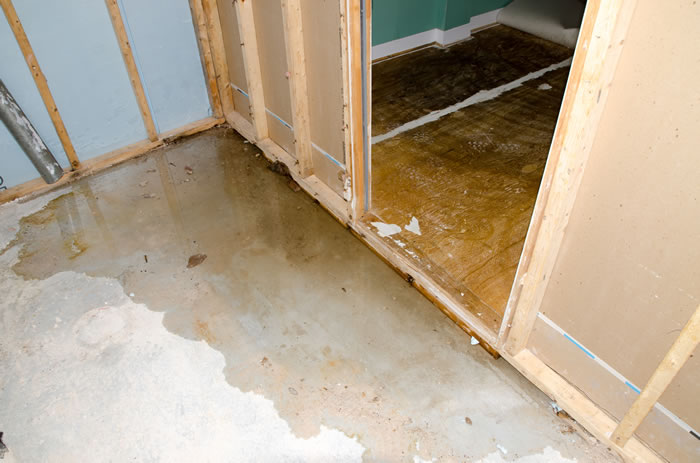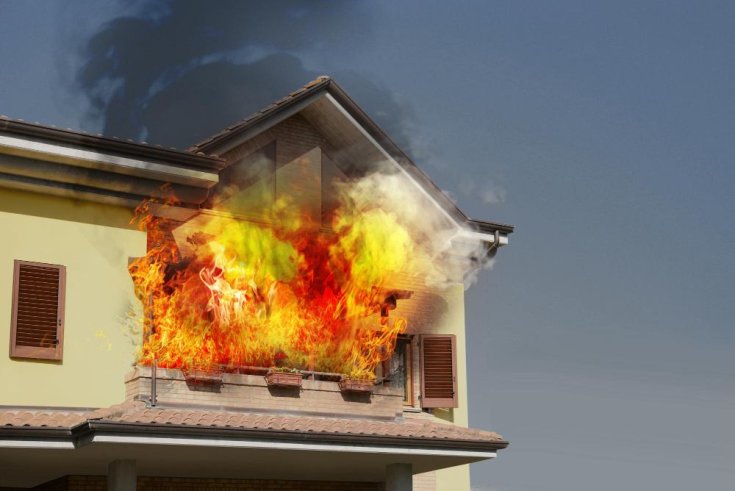404-900-3852
15-45 Minutes Response Time
404-900-3852
15-45 Minutes Response Time
Basements, often relegated to storage or forgotten corners of a home or business, are very vulnerable spaces when it comes to potential damages. Located at the lowest level of a home, basements are at the mercy of flooding, water damage, and fire risks more than any other part of the structure. In this article brought to you by Tidal Wave Restoration, we'll explore the three primary damage risks associated with basements. We’ll also offer some preventative and maintenance tips to reduce risks.


How To Prevent Water Damage from Leaking Appliances Water damage from leaking appliances can wreak…
 December 11,2023
December 11,2023

Precautionary Measures to Prevent a Fire on Your Home Home and business fires are awfully…
 December 06,2023
December 06,2023
If the damage is done and you need fire or water damage cleanup, or a complete water damage restoration, then call the professionals at Tidal Wave Restoration. We can arrange an urgent dispatch or schedule a convenient appointment.
Flooding is a nightmare scenario for any basement owner, and it's more common than you might think. Various factors, including heavy rainfall, plumbing leaks, or groundwater seepage, can lead to basement flooding.
Ensure that the ground around your property is graded to direct water away from the foundation. Standing water can infiltrate your basement through cracks and gaps. Similarly, apply a waterproofing coating to the interior and exterior of basement walls and floors. This acts as a barrier against moisture infiltration.
Further, consider installing a sump pump in your basement. A sump pump is designed to remove excess water, effectively preventing flooding. Ensure that it's in good working condition through regular maintenance checks.
Not only does flooding harm the structure, but it can also lead to mold growth within 24-48 hours after exposure to moisture. Mold poses severe health risks to occupants. Therefore, addressing flooding risks promptly is critical.
It’s not just flooding that causes water damage. Water damage in basements can originate from various sources, including leaky pipes, malfunctioning appliances, or inadequate sealing. Periodically inspect your plumbing for leaks, and ensure all connections are in good condition. Address leaks immediately, no matter how minor they seem.
Regularly servicing and maintaining appliances like water heaters, washing machines, and dishwashers can prevent leaks. Also, properly seal basement windows and doors to prevent water intrusion. Insulate pipes to prevent condensation and subsequent water damage. As a final tip, we suggest a dehumidifier to maintain optimal humidity levels in the basement, reducing the risk of water damage.
While we often associate fire damage with other areas of the home, basements are not immune to this risk. Basements often house utilities, electrical panels, and heating systems, all of which can be sources of fires.
Ensure that your electrical systems are up to code, free from faulty wiring, and that circuit breakers are working correctly. Check heating systems, furnaces, and water heaters to ensure they are functioning correctly and without any fire hazards.
Fire damage in basements can lead to catastrophic loss, not only of property but, more importantly, human life. Avoid storing flammable materials or chemicals in the basement. Ensure that items stored are organized and away from potential fire sources.
Whether you need a water damage expert to restore a flooded basement or you need urgent assistance with water damage removal, the professionals at Tidal Wave Restoration are here to help. Call us today to speak with a live member of our team.